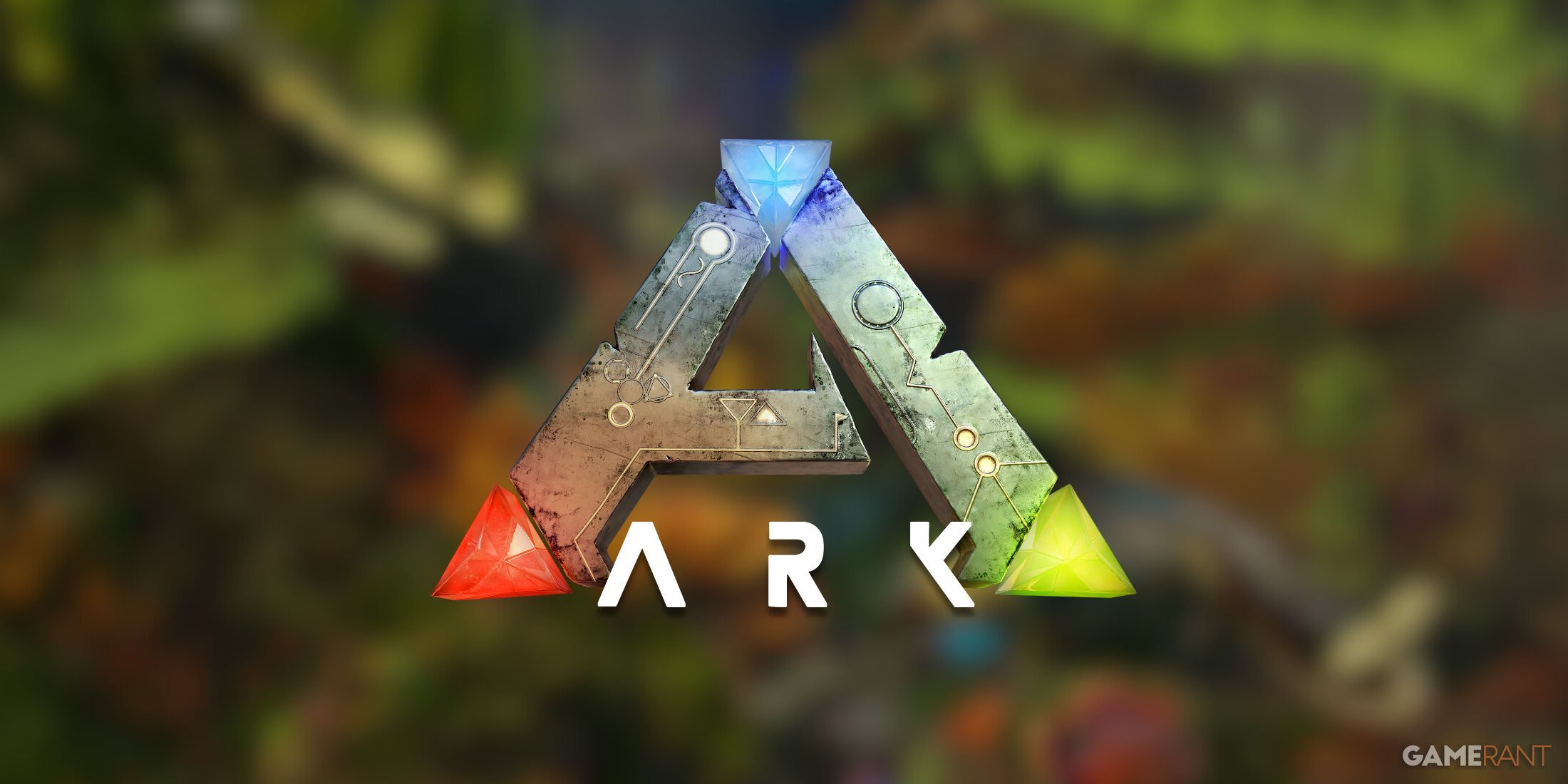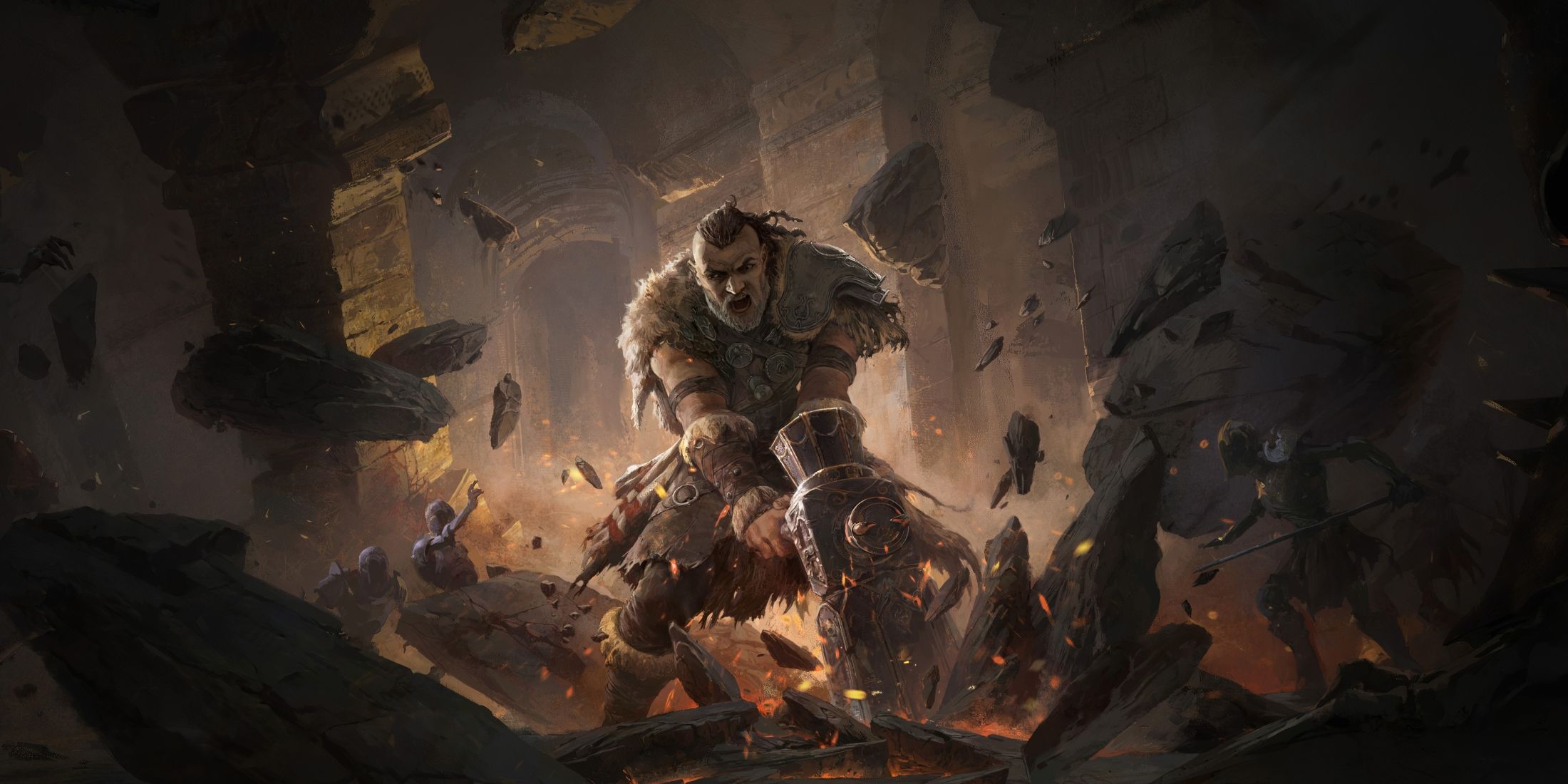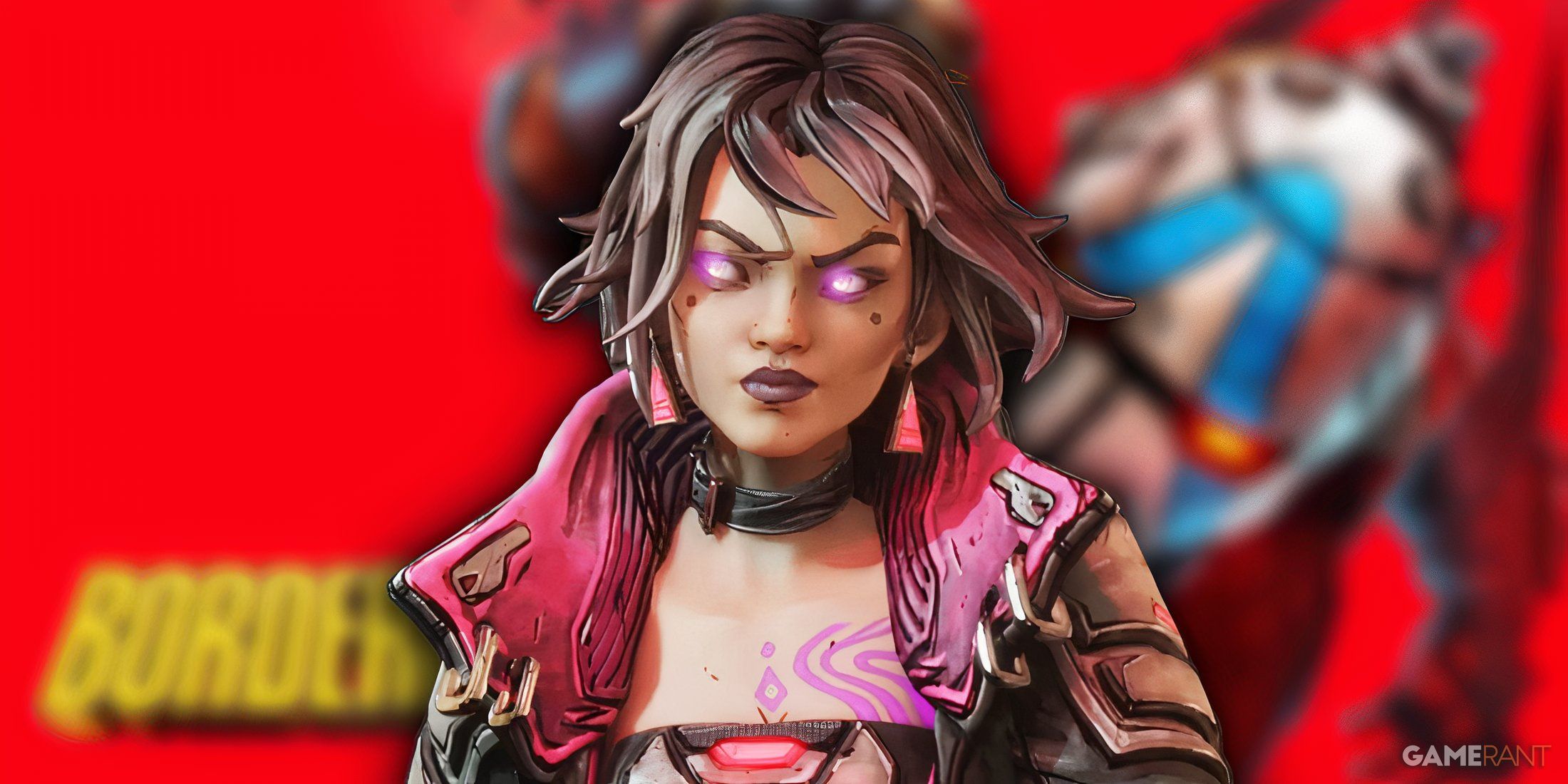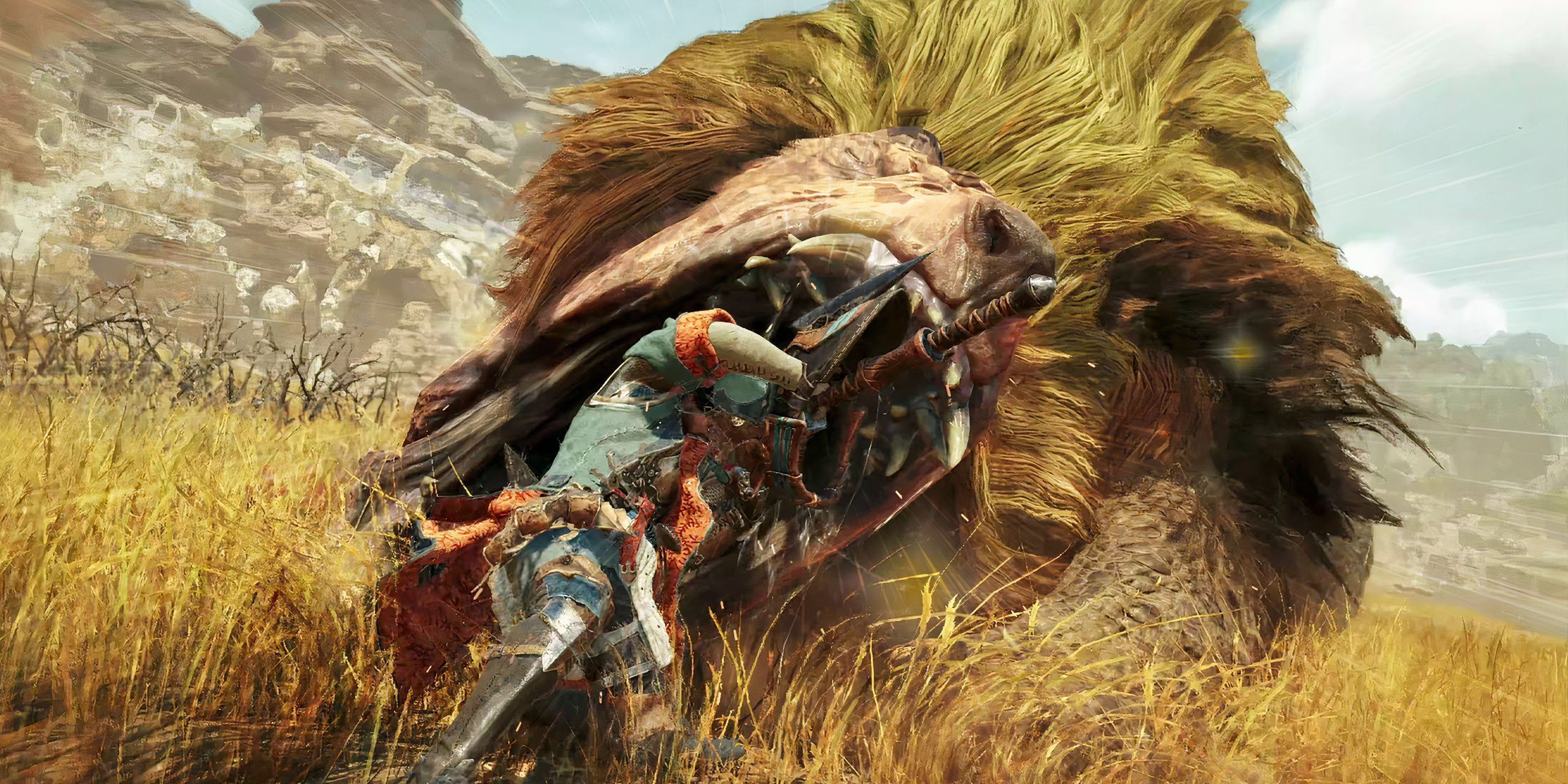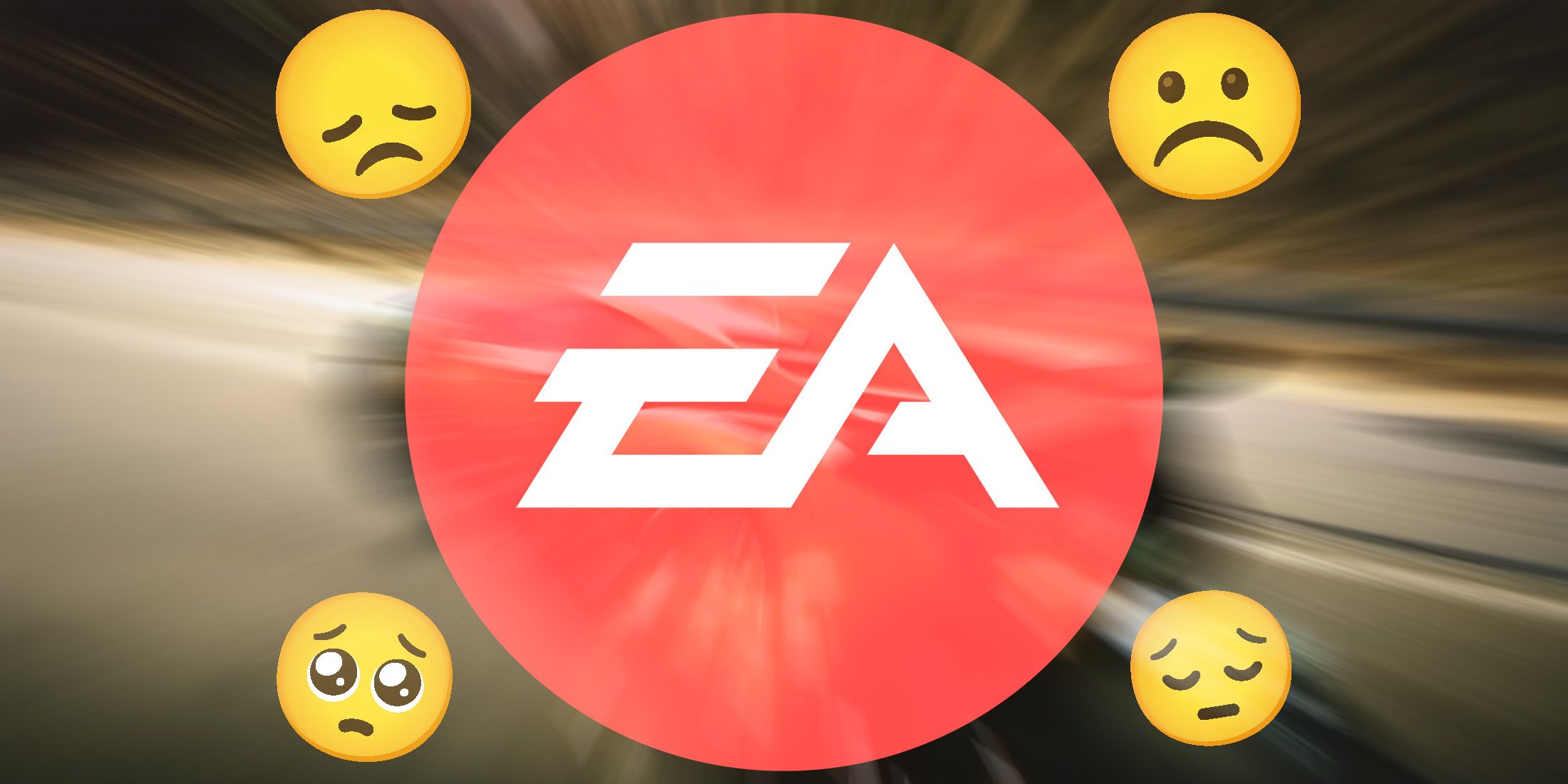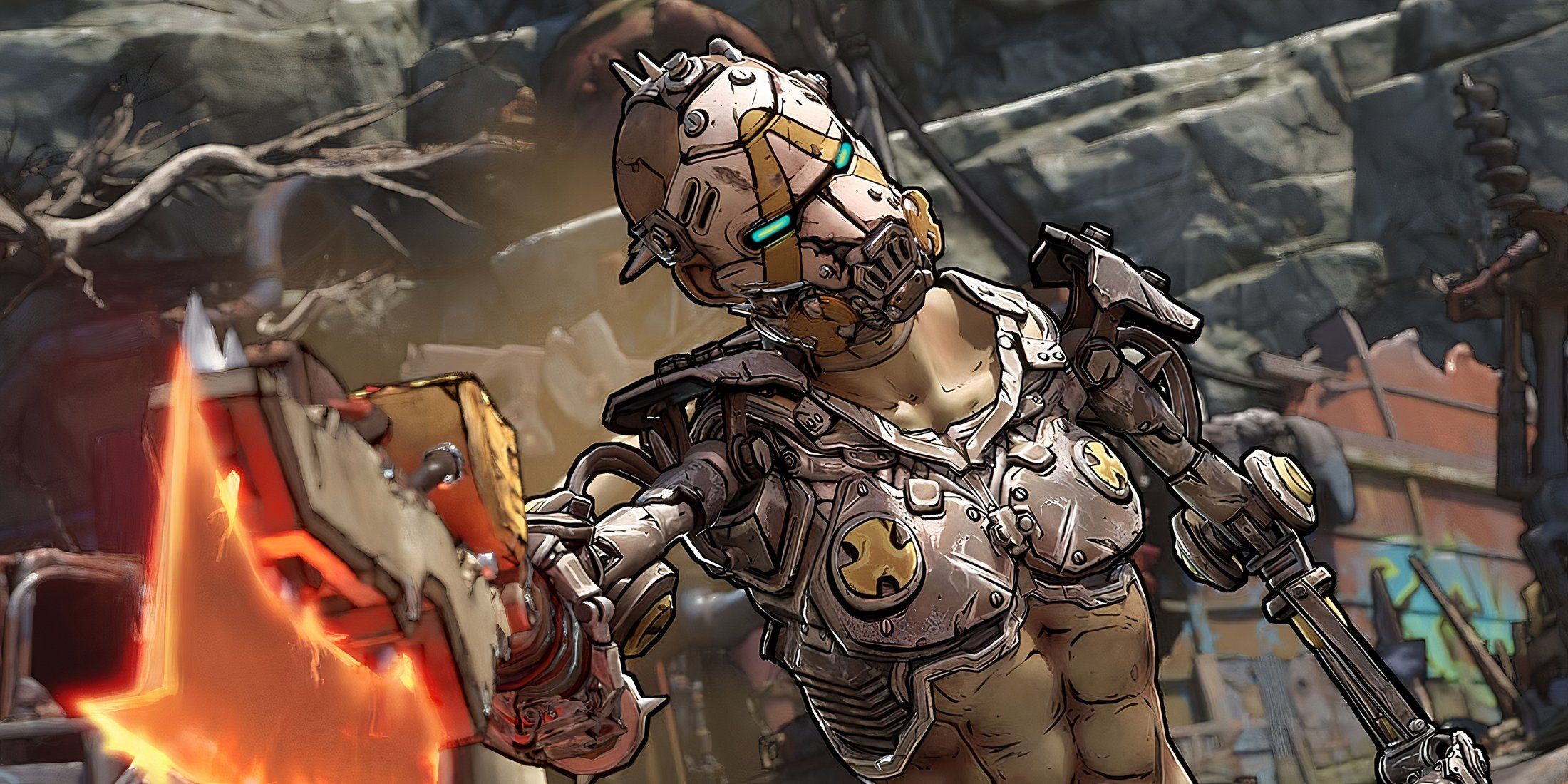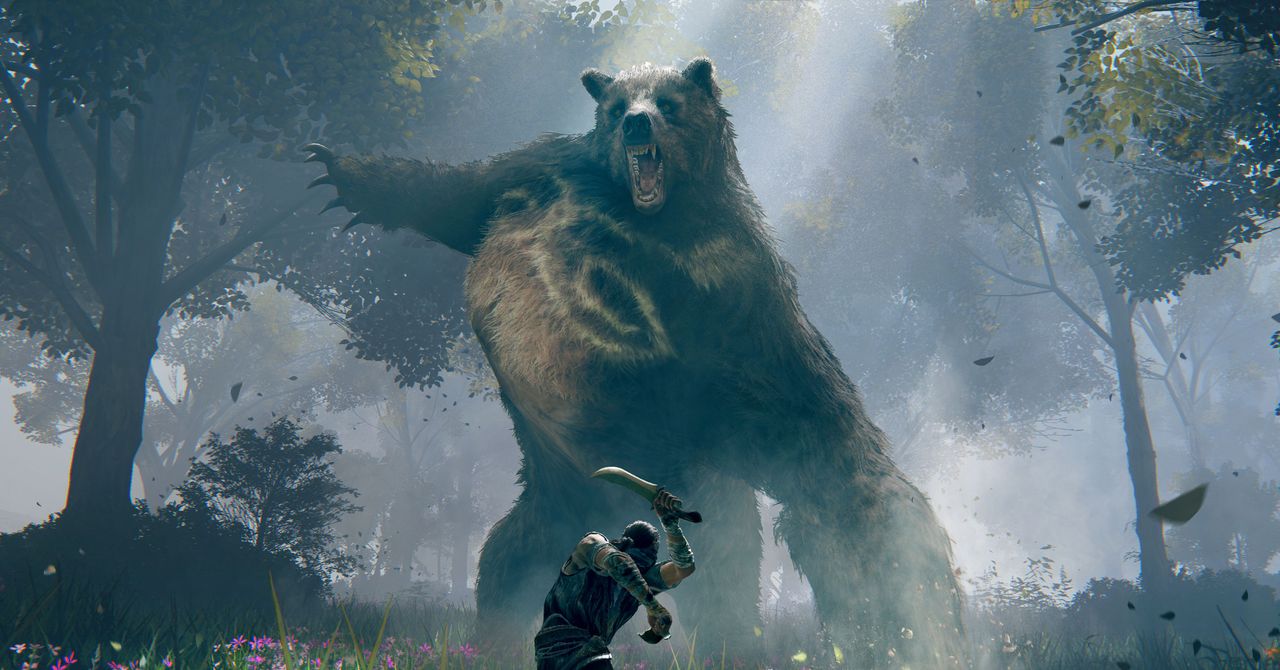
By now, if you’ve heard about Elden Ring at all, you’ll have heard it’s a difficult game. Of course, difficulty isn’t all that’s interesting about FromSoftware’s latest title, but the challenge is indeed a cornerstone of its design and reputation. The studio’s earlier games packed the tagline “Prepare to Die,” and sections of the game’s community have a stock response ready for anyone who wonders aloud about accessibility or the introduction of an easy mode: “git gud.”
If you’re unfamiliar, you might think that such a game would only appeal to a certain demographic of gamer, yet Elden Ring has sold tens of millions of copies already and is, so far, the best-reviewed game of the year. That doesn’t change the fact that the game is difficult. But challenging games aren’t going anywhere because difficulty is not inherently bad. The toxicity surrounding such games is, as with most toxicity, a problem of culture. Removed from that discourse, difficulty can provide a rewarding, positive, and profound experience.
Difficulty isn’t a straightforward concept either: It doesn’t just refer to fiendish levels of Super Mario Bros. After all, a book can acquire the label because it contains esoteric vocabulary or experimental syntax, is structured in logarithmic spirals, or requires a grasp of Ancient Greek mythology to get all of its allusions. It could also be emotionally difficult, exploring triggering issues like self-harm or suicide.
In his book, Experimental Games, Critique, Play, and Design in the Age of Gamification, the academic Patrick Jagoda draws a distinction between three kinds of difficulty. The first is mechanical (that difficult level of Mario). The next is interpretive, which encompasses all meaning-making, from thoughts as simple as “that castle might be dangerous” to the close reading and attention to theme we associate with cultural criticism. (Being a good critic and a good player diverge under this rubric: Good players are closer to people who can read very fast while retaining masses of information.)
The third type of difficulty, he explains over the phone, is affective, which pertains to the way a game can stir up our emotions: “These are games that, at the most reductive level, make us sad or produce complex social or political situations that players have to make their way through,” says Jagoda. “You could explore difficult topics like cancer survival through a game that isn’t necessarily mechanically difficult: I’m thinking of a game like That Dragon, Cancer.”

